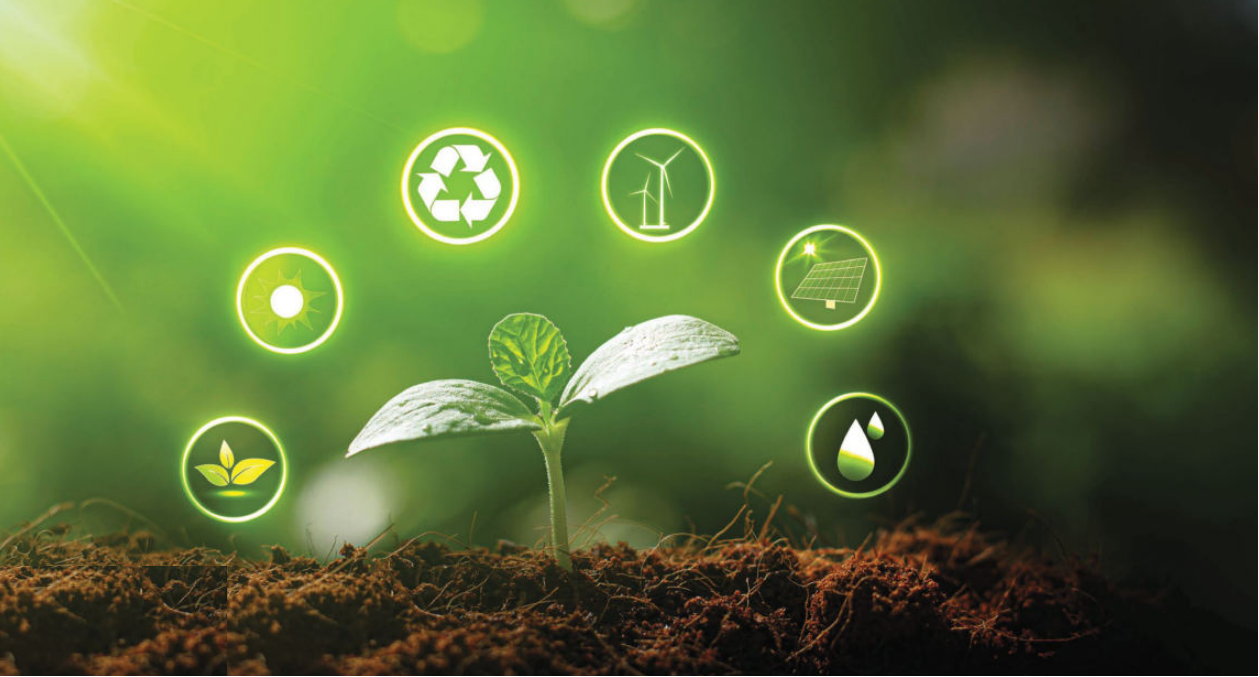Vietnam is proactively addressing key supply chain challenges, from infrastructure deficits to labour shortages and environmental sustainability, as it solidifies its position as a global manufacturing hub. With ambitious investment plans, including a colossal $13.8 billion earmarked for seaport expansion by 2030, the nation is strategically fortifying its logistics framework. These efforts aim to boost economic growth, streamline freight movement, and cultivate a more resilient, eco-friendly, and equitable urban and industrial landscape for its citizens and businesses.
Infrastructure limitations represent a significant hurdle for Vietnam’s rapidly expanding logistics sector. Despite dedicating 6% of its Gross Domestic Product (GDP) to logistics infrastructure development, an estimated $500 billion is still required to bridge existing gaps, with approximately $300 billion sought through public-private partnerships. The nation’s 44 seaports currently manage 470 to 500 million tonnes of cargo annually, with plans to elevate this capacity to 1.1 to 1.4 billion tonnes by 2030. While upgrades in areas like the Mekong Delta have notably reduced travel times, persistent congestion, particularly at major hubs like Ho Chi Minh City, underscores the urgency for these large-scale investments outlined in the $65 billion transport master plan for 2021-2030.
Beyond physical infrastructure, a pressing labour shortage poses a substantial challenge. While approximately 7,000 new transport businesses emerged in 2022 alone, a significant skills gap exists within the workforce. Many workers lack the specialised training required for modern supply chain management and logistics operations. Government initiatives, such as the National E-Commerce Development Plan, are actively working to upskill the workforce, particularly for cross-border trade. Concurrently, businesses are increasingly adopting technological solutions, including advanced inventory management systems, to enhance efficiency and mitigate the impact of human resource constraints.
Vietnam’s reliance on foreign suppliers for raw materials, particularly from regional economic giants, presents another vulnerability. While trade agreements like the Comprehensive and Progressive Agreement for Trans-Pacific Partnership (CPTPP) and the Regional Comprehensive Economic Partnership (RCEP) have alleviated some tariff and customs burdens, global supply chain disruptions can still disproportionately impact domestic manufacturers. This dependency highlights the imperative for fostering a robust local supplier ecosystem to enhance resilience and maintain greater control over costs and delivery timelines within the national supply chain.
Moreover, the escalating e-commerce market, projected to reach $45 billion by 2025 from $20.5 billion in 2023, intensifies the demand forecasting challenge. Fragmented production and outdated analytical tools exacerbate the difficulty in accurately predicting consumer demand, leading to inefficiencies in inventory management and potential customer dissatisfaction. To counter this, increased adoption of data analytics and Internet of Things (IoT) technologies is becoming crucial for businesses to gain real-time insights and improve forecasting accuracy, ensuring that goods reach consumers efficiently and sustainably.
Vietnam is also committed to integrating environmental sustainability into its logistics evolution. Acknowledging the high carbon dioxide emissions from major ports and heavy reliance on road transport, the nation has set an ambitious target to phase out fossil fuel vehicles by 2050. This transition is supported by government incentives, including waived registration fees and reduced excise taxes for electric vehicles. The logistics sector is increasingly embracing digital transformation and green practices, leveraging technologies like Artificial Intelligence (AI) and IoT to minimise waste and promote renewable energy solutions, charting a course towards a cleaner, greener future for Vietnamese industry and urban living.
Also Read: Bihar Unveils ₹1.5 Trillion Policy to Add 24GW of Clean Energy Capacity


